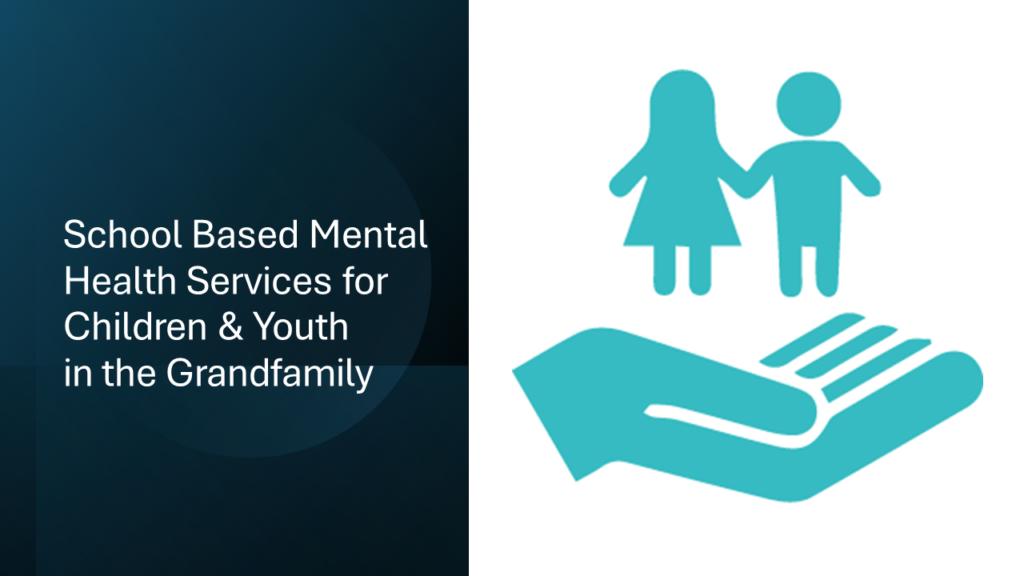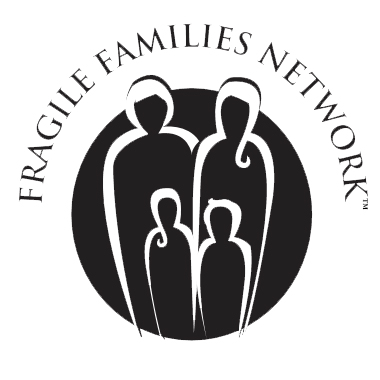School-Based Mental Health Services: Supporting Grandfamilies

School-based mental health services are a critical component in ensuring the mental well-being of children and youth, especially those in grandfamilies. These services encompass a range of prevention and treatment strategies integrated within the school environment to address various mental health needs.
What are School-Based Mental Health Services?
School-based mental health services are designed to provide accessible and effective mental health support directly within the educational setting. These services include counseling, psychological assessments, behavioral interventions, crisis management, and mental health education. By being available in schools, these services remove barriers such as transportation and stigma, making it easier for students to receive the help they need.
Who is Involved?
- School Counselors: They provide individual and group counseling, help students develop coping strategies, and facilitate mental health education.
- School Psychologists: They conduct assessments, develop intervention plans, and work with teachers to support students with specific needs.
- Social Workers: They connect families with community resources, provide counseling, and support students facing social and emotional challenges.
- Teachers: They identify students who may need mental health support and collaborate with mental health professionals to create a supportive classroom environment.
- Parents and Caregivers: Their involvement is crucial for reinforcing strategies at home and providing insights into the child’s needs.
How Can They Be Used for Prevention and Treatment?
Prevention:
- Mental Health Education: Programs that teach students about mental health, stress management, and healthy coping mechanisms.
- Early Identification: Regular screening and teacher observations help identify students at risk of developing mental health issues early on.
- Positive School Climate: Initiatives that promote a safe, supportive, and inclusive environment can prevent the development of mental health issues.
Treatment:
- Individual Counseling: One-on-one sessions with mental health professionals to address specific issues such as anxiety, depression, or trauma.
- Group Therapy: Sessions where students can share experiences and support each other under professional guidance.
- Crisis Intervention: Immediate support for students experiencing a mental health crisis, including safety planning and emergency referrals.
- Collaboration with Community Services: Partnering with local mental health agencies to provide comprehensive care beyond the school setting.
Supporting Children and Youth in Grandfamilies
For children and youth in grandfamilies, school-based mental health services can be particularly beneficial. These children may face unique challenges, including trauma from family separation, feelings of abandonment, and the stress of adapting to new living arrangements. By accessing mental health support at school, they can receive timely and appropriate care that addresses their specific needs.
Grandfamily caregivers can work closely with school-based mental health professionals to ensure that the child’s home and school environments are aligned in their support strategies. This collaboration can help create a consistent and nurturing environment that fosters resilience and emotional well-being.
In summary, school-based mental health services play a vital role in supporting the mental health of children and youth, especially those in grandfamilies. By providing accessible prevention and treatment options, these services help ensure that every student has the opportunity to thrive both academically and emotionally.
©2024 Fragile Families NETWORK







